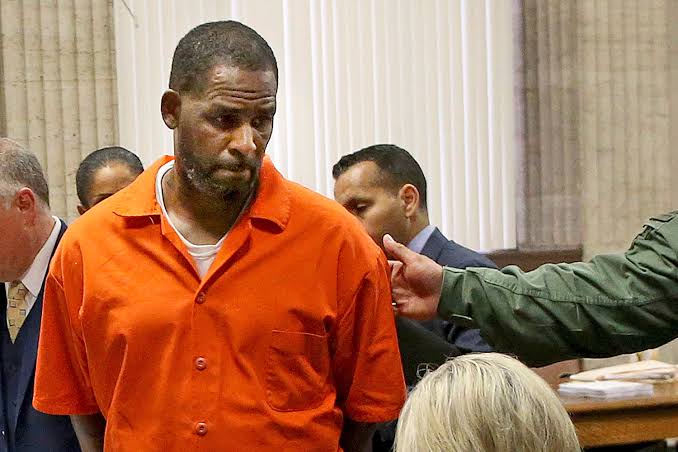
R.Kelly, who was found guilty of various sex offenses against minors, argues that the federal PROTECT Act used to prosecute him was incorrectly applied. On Tuesday, July 30, Kelly’s legal team filed an appeal with the high court, asserting that the 2003 law, which allows prosecution for child sex crimes throughout the child’s lifetime, should not apply to his case as the offenses occurred before the law was enacted.
R.Kelly faced 13 charges under the PROTECT Act in 2020 for crimes committed against three underage girls in the 1990s. He was convicted on six counts, including child pornography and coercing minors into illegal sexual activity, and is currently serving a 20-year sentence.
Kelly’s attorney, Jennifer Bonjean, argues that when Congress created the 2003 law, it was not intended to be applied retroactively. “Consistent with the well-established presumption against retroactive legislation, the 2003 amendment is inapplicable to the charged conduct,” Bonjean wrote.
The appeal now seeks to have the Supreme Court determine if the law should be applied to Kelly’s case. Earlier this year, a federal appeals court in Northern Illinois upheld the conviction, ruling that the PROTECT Act was correctly applied because the victims are still alive, and that retroactive application of the law is not unconstitutional.
This is not R.Kelly’s first attempt to overturn his convictions. In addition to the 2022 Illinois conviction, he was also found guilty on nine similar counts in New York in 2021. He is appealing the New York conviction, challenging the use of RICO charges, which accuse him of leading a network that recruited women and girls for illegal sexual activities.
The Supreme Court is not obligated to review Kelly’s petition, as most requests to the court are denied.





